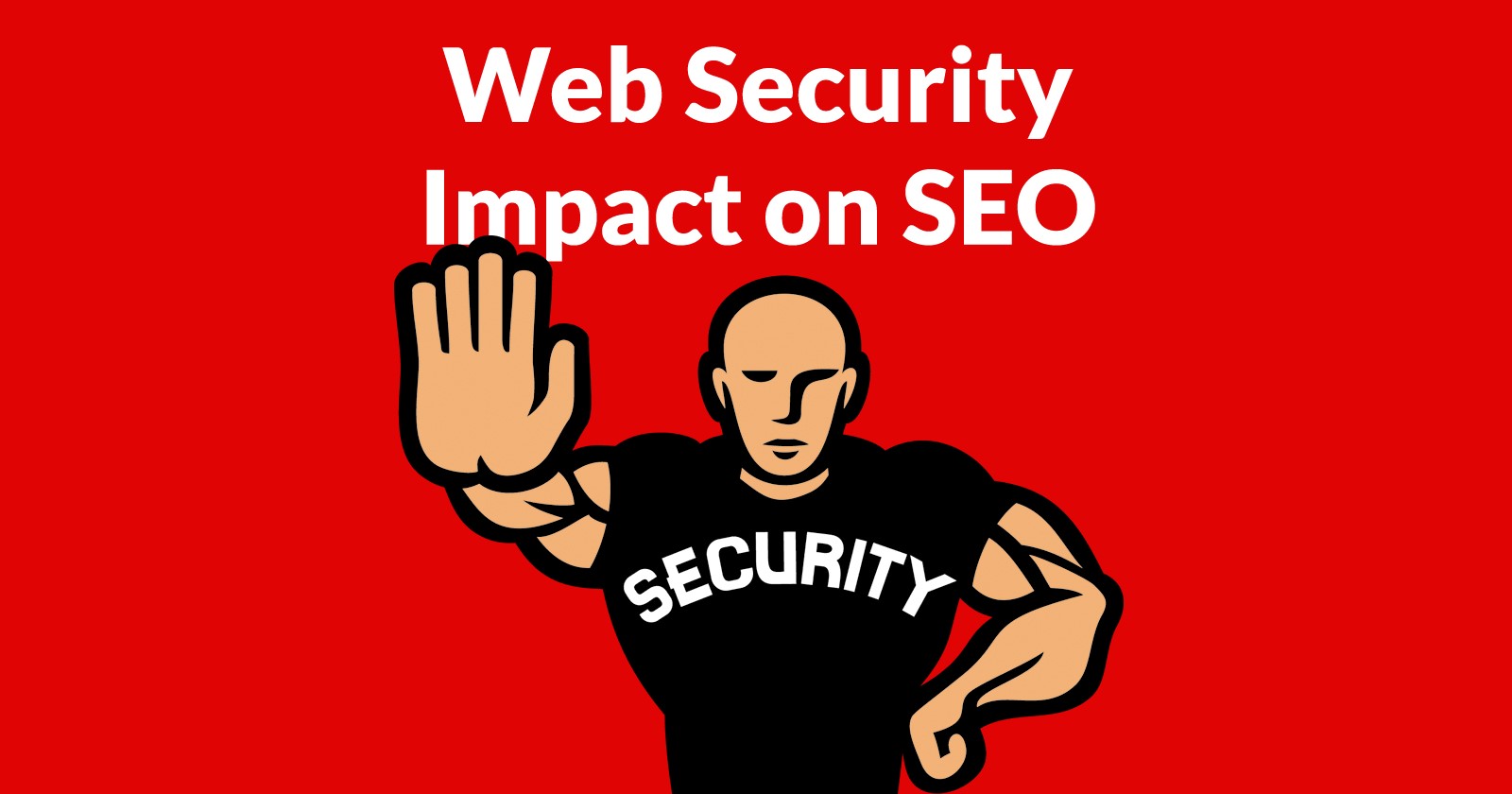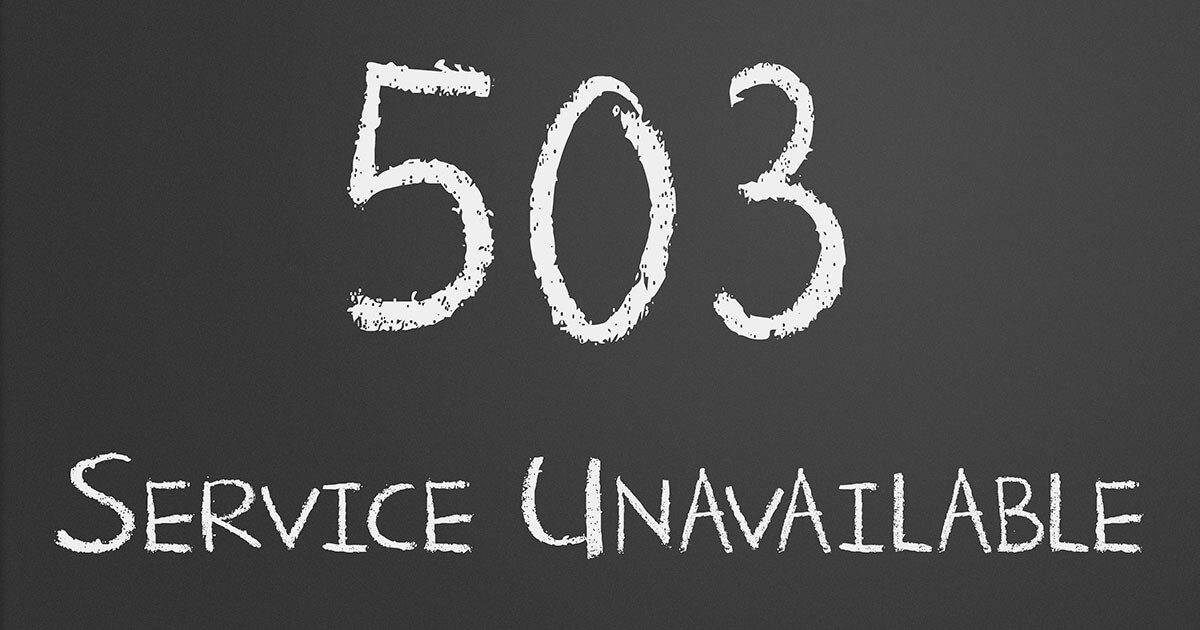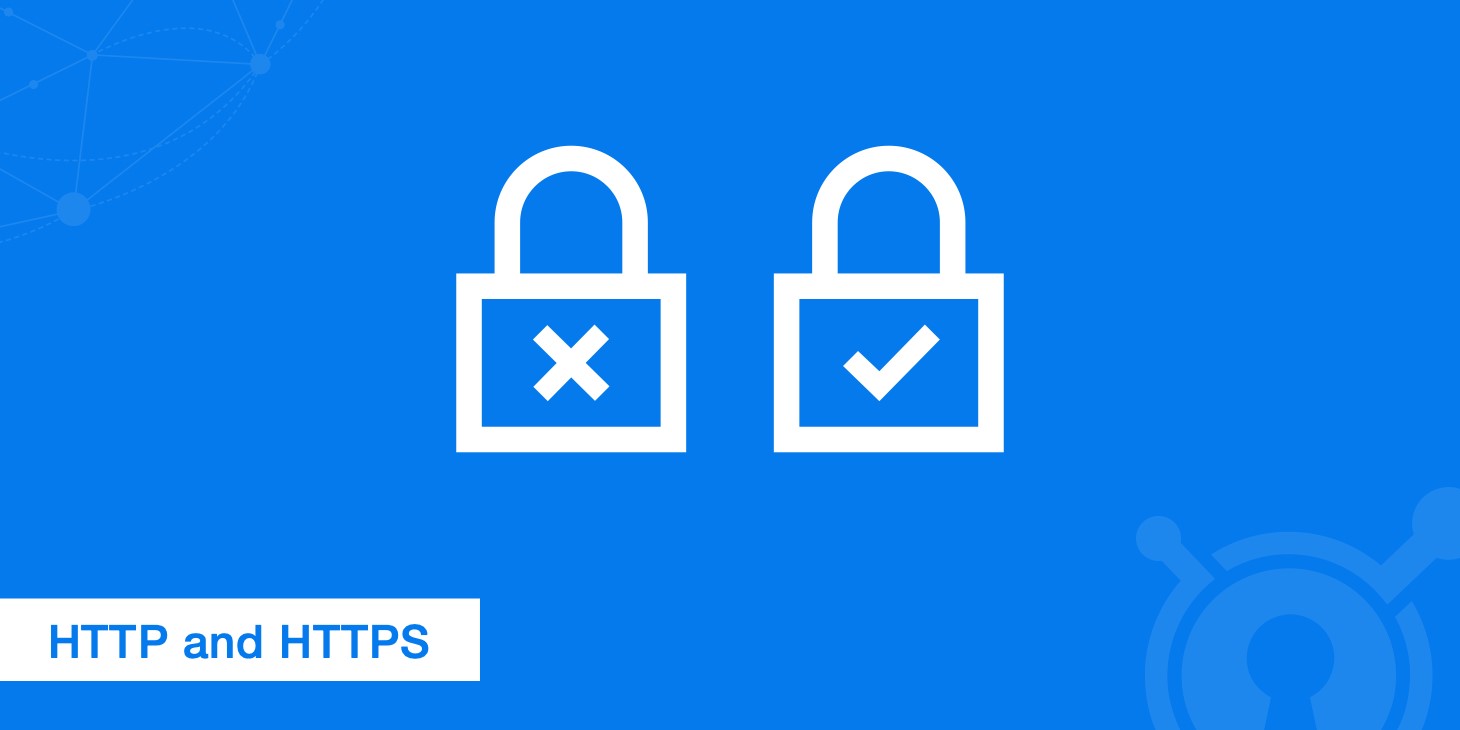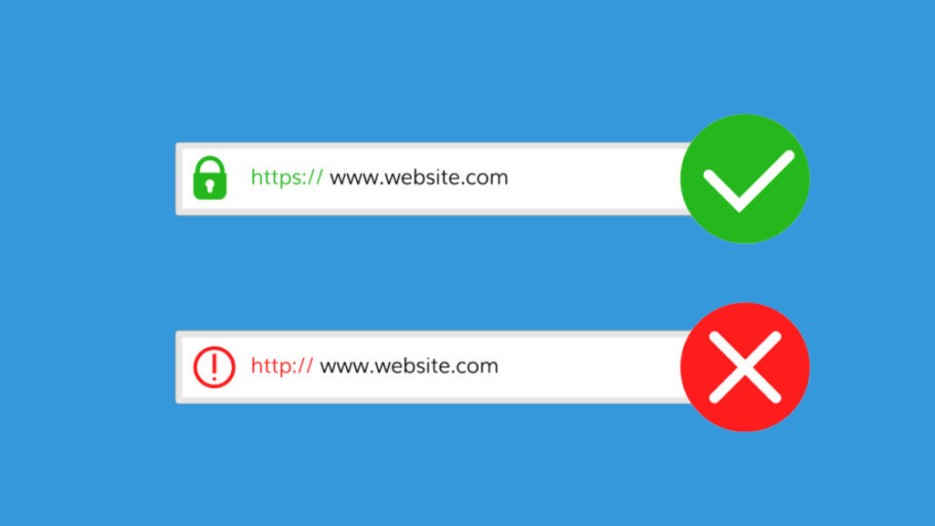As more and more businesses move online, the incidence of cyber-crime is increasing therefore, website security is gaining more and more recognition.

In 2018, 63% of businesses experienced phishing and in early 2019, 1 billion data records were breached. Hackers are now attacking 39 times every hour and this is only the ones we are aware of. This is only going to increase day by day so data security is now an essential requirement for every website owner. To reinforce it, leaders like Google have started giving more importance and rewarding websites that meet adequate standards.
Why does website security affect SEO?
In 2014, Google announced that it would prioritize websites that are using ‘https’ in place of those with ‘HTTP’ to encourage data security measures. To strengthen safety precautions and discourage unsafe ones, Google declared they would give more emphasis on safe websites when it comes to SEO rankings. With a drop in SEO rankings of insecure websites, also came a degradation and significant erosion of customer trust for these websites.

This is where the website security features you use become a vital part of your SEO ranking. No business wants to see a drop in SEO rankings in today’s competition. When websites upgrade the security on their website, they are not only getting their rankings up but are also preparing a barrier to prevent cyber-attacks.
Here are some ways where a lack of website security could affect SEO optimization:
1. Blacklisting
Web-security directly affects SEO because criminals can use your unprotected website to plant malicious links and get you associated with places you don’t want to be.
This link building activity done by unprotected websites will make most search engines identify your website as spam. Moreover, you’ll be blacklisted, sometimes even without your knowledge.
2. Trust
Imagine visiting a website with Google flagging “Not Secure” on the URL. Nobody wants to visit these kinds of websites as they are not trustworthy. Unless you can gain their trust, customers are not going to visit you. They’ll just visit another similar secure website leaving you with extremely high bounce rates.
3. Crawling errors
The work of a Google bot is to crawl and scan a website for vulnerability, domain mining, data theft, etc. However, rising automated software attacks fail to scan websites. There should be a limit on a server for repeating automatic tasks using multiple bots. Without safety measures, overloaded-automatic-tasks may be interrupted and will start to block web traffic.
If the search console shows an odd 403 or 503 error, which means that Google tried to crawl the error, but the server labels it as, “missing.”

4. SEO Spam
When hackers enter your website, they hijack SEO attainments and insert their own hyperlinks and spam keyword into your top-ranked pages.
You do all the hard work to bring your sites ahead of your competitors, but once you get the position in the search engine, hackers use your pages for the promotion of their products. The common victims of SEO spam are small business websites, NGOs, and WP blogs.
What is HTTPS?
HTTPS stands for “hypertext transfer protocol secure.” When you use HTTPs for your website, end-to-end data encryption is secured between the client-server and your website. This secure communication protects you against, among other things such as data theft, and data manipulation.

The designation also allows you to share sensitive information like personal details, bank information, and travel bookings securely and communicate effectively without any risk of a breach.
If you still have an ‘HTTP’ website, the first step you need to take to migrate to “https” and get a cheap SSL certificate for your website.
What’s an SSL certificate?
An SSL (Secure Socket Layer) certificate is a technology that secures the link between your website and the client-server by ensuring end-to-end encryption.
An SSL certificate has become even more critical in the present scenario as e-commerce businesses are growing at an astronomical pace all over the world.
There are many SSL certificates to choose from such as Extended Validation (EV), Wildcard SSL certificate, and Domain Validated (DV).

Benefits of SSL certificate
When you have an SSL certificate, the address bar will display a padlock meaning a secured website. Some of the benefits of an SSL Certificate are:
- Gives significant SEO rankings improvement, especially by Google.
- Drive-up sales by boosting customer confidence.
- Regulatory compliance with PCI and DSS standards.
- Avoids Google flagging and restrictions.
Conclusion
With Google firmly committed to raising the bar for secure online business transactions, results are starting to show. Nearly 52 per cent of the popular websites migrated to ‘https’ by 2018. Businesses are slowly waking up to the fact that they need Google to endorse them with a good SEO ranking, and they need customer trust. It’s a great incentive when emphasizing your website security will also lead to better SEO.
Website security is very important to a website to have. Digital Presence Today knows exactly what your website needs for a good SEO ranking. We provide complete web solution services including website development, e-commerce solutions, search engine optimization, social media marketing, e-mail marketing, link building, brand management, and marketing research. To know more about Digital Presence Today, visit, www.digitalpresence.today








